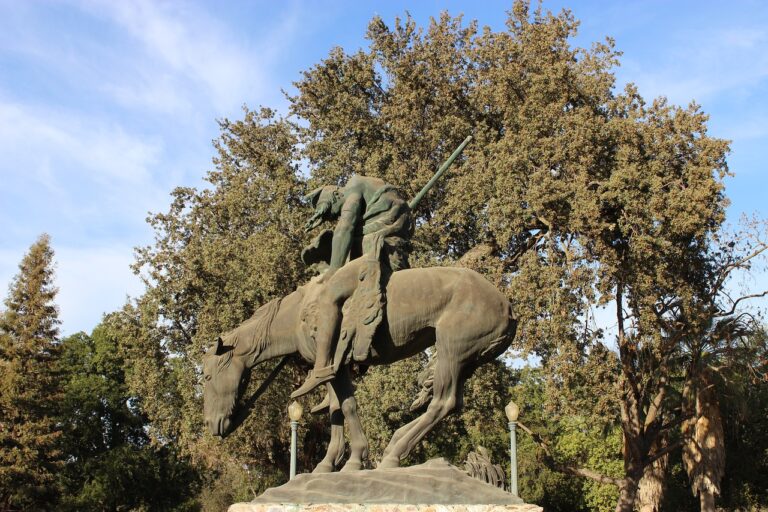Evaluating the Role of Religion in Voter Behavior and Predictions: Allpanel com, Best online cricket id, Gold 365 cricket
allpanel com, best online cricket id, gold 365 cricket: Religion plays a significant role in shaping voter behavior and predictions, particularly in countries where religion is deeply ingrained in the cultural and societal fabric. From influencing beliefs and values to guiding political preferences, the connection between religion and voting is a complex and nuanced phenomenon.
Religious beliefs often inform individuals’ views on social issues such as abortion, same-sex marriage, and healthcare, which in turn impact their voting decisions. For example, evangelical Christians in the United States are known for their conservative stance on social issues and tend to support candidates who align with their beliefs. In contrast, religious minorities such as Muslims or Jews may prioritize different issues based on their religious teachings and experiences.
Moreover, religious institutions and leaders often play a crucial role in mobilizing voters and endorsing political candidates. Endorsements from religious figures can sway the opinions of their followers and influence their voting behavior. This is especially true in countries where religion holds significant influence over public discourse and policymaking.
In addition to shaping individual beliefs and behaviors, religion can also impact electoral outcomes and predictions. Researchers have found correlations between religious demographics and voting patterns, with certain religious groups showing consistent preferences for specific political parties or candidates. Understanding these correlations can help pollsters and political analysts make more accurate predictions about election outcomes.
However, it is essential to approach the role of religion in voter behavior and predictions with caution. While religion can be a powerful motivator for some voters, it is not the sole factor influencing their decisions. Political ideologies, socioeconomic status, and personal experiences all play a role in shaping voter behavior and attitudes towards candidates.
Furthermore, the relationship between religion and politics is complex and multifaceted, making it challenging to make blanket assumptions about how religious beliefs will translate into voting behavior. Factors such as demographic shifts, changing societal values, and evolving religious identities can all impact the role of religion in electoral outcomes.
In conclusion, evaluating the role of religion in voter behavior and predictions requires a nuanced understanding of the complexities involved. While religion can be a significant influence on individual beliefs and voting decisions, it is essential to consider a range of factors when analyzing electoral outcomes. By acknowledging the diverse influences that shape voter behavior, we can gain a more comprehensive understanding of the role of religion in politics.
FAQs
Q: Can religion be the sole determinant of voter behavior?
A: While religion can be a significant factor in shaping voter behavior, it is rarely the sole determinant. Political ideologies, socioeconomic status, and personal experiences all play a role in influencing how individuals vote.
Q: How do religious endorsements impact voting behavior?
A: Endorsements from religious institutions and leaders can sway the opinions of their followers and influence their voting decisions. However, individuals may still consider a range of factors before casting their vote.
Q: Are there any limitations to predicting electoral outcomes based on religious demographics?
A: Yes, predicting electoral outcomes based on religious demographics can be challenging due to the complex nature of the relationship between religion and politics. Factors such as changing societal values and evolving religious identities can impact voting patterns.







